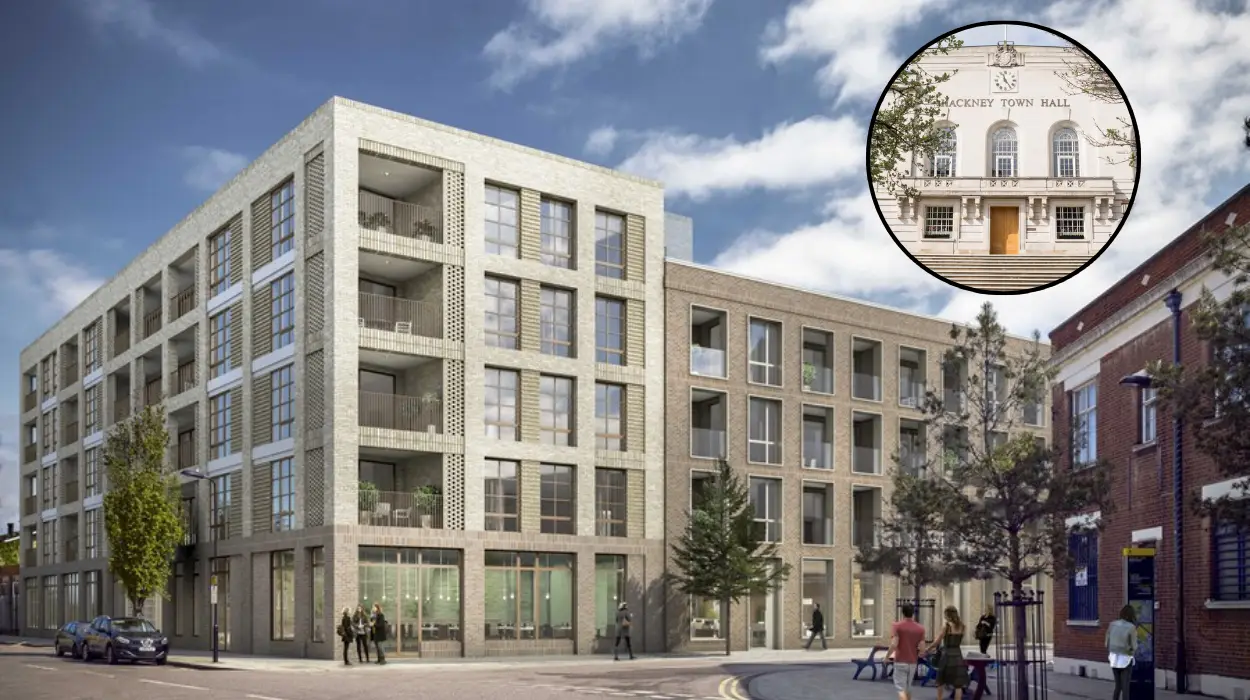Key Points
- Hackney Council in East London spent £4.6 million in one year on compensation and legal fees related to housing disrepair claims.
- The council has been involved in numerous disputes over the poor condition of its housing stock.
- The expenditure reflects ongoing challenges in maintaining and upgrading council-owned housing.
- Legal battles and settlements have become a significant financial burden on the local authority.
- This situation raises questions about housing management and tenant welfare in Hackney.
Hackney Council Faces Financial Strain Due to Housing Disrepair Claims
Hackney, a borough in East London, has revealed that it spent a staggering £4.6 million over the past year on compensation payments and legal costs arising from claims related to disrepair in its housing stock. This figure highlights the significant financial pressure local authorities face when managing ageing and deteriorating council housing, as reported by various local media sources.
Why Has Hackney Council Spent So Much on Housing Compensation?
The primary reason behind this substantial expenditure is the poor condition of many council-owned properties in Hackney. Tenants have increasingly brought forward claims against the council, citing issues such as damp, mould, structural faults, and other forms of disrepair that affect their living conditions.
As reported by local journalists covering the housing sector, the council has been compelled to settle many of these claims to avoid protracted legal battles, which would further escalate costs. The legal fees alone account for a significant portion of the total £4.6 million spent, alongside direct compensation payments to affected tenants.
How Has This Affected Hackney Council’s Housing Management?
The financial outlay on compensation and legal fees reflects broader challenges in Hackney’s housing management. Maintaining and upgrading the council’s housing stock has been an ongoing issue, with many properties requiring urgent repairs and modernisation.
According to housing experts quoted by local media, the scale of disrepair claims indicates systemic problems, including underinvestment in maintenance and delays in addressing tenant complaints. This situation not only impacts the council’s finances but also undermines tenant confidence and quality of life.
What Are the Implications for Tenants and the Local Community?
For tenants, the disrepair issues have tangible consequences, including health risks from damp and mould and reduced living standards. The compensation payments, while providing some redress, do not substitute for timely repairs and adequate housing conditions.
Community advocates and tenant groups have called on Hackney Council to prioritise investment in housing repairs and improve responsiveness to tenant concerns. They argue that preventing disrepair is more cost-effective and humane than dealing with claims after the fact.
What Steps Are Being Taken to Address These Issues?
In response to the mounting costs and tenant dissatisfaction, Hackney Council has announced plans to review its housing maintenance strategies. This includes increasing funding for repairs, improving inspection regimes, and enhancing communication with tenants.
Council officials, as reported by local news outlets, acknowledge the financial strain caused by disrepair claims and express commitment to resolving the underlying problems. However, they also face the challenge of balancing limited budgets with the urgent need for housing improvements.
Inverted Pyramid Summary
Hackney Council’s expenditure of £4.6 million on housing compensation and legal fees over a year underscores the severe impact of housing disrepair claims on local government finances. The council’s ageing housing stock and maintenance challenges have led to numerous tenant claims, resulting in costly settlements and legal battles. This financial burden highlights systemic issues in housing management and tenant welfare, prompting calls for increased investment and reform. The council is now under pressure to implement effective measures to improve housing conditions and prevent further disrepair claims.


